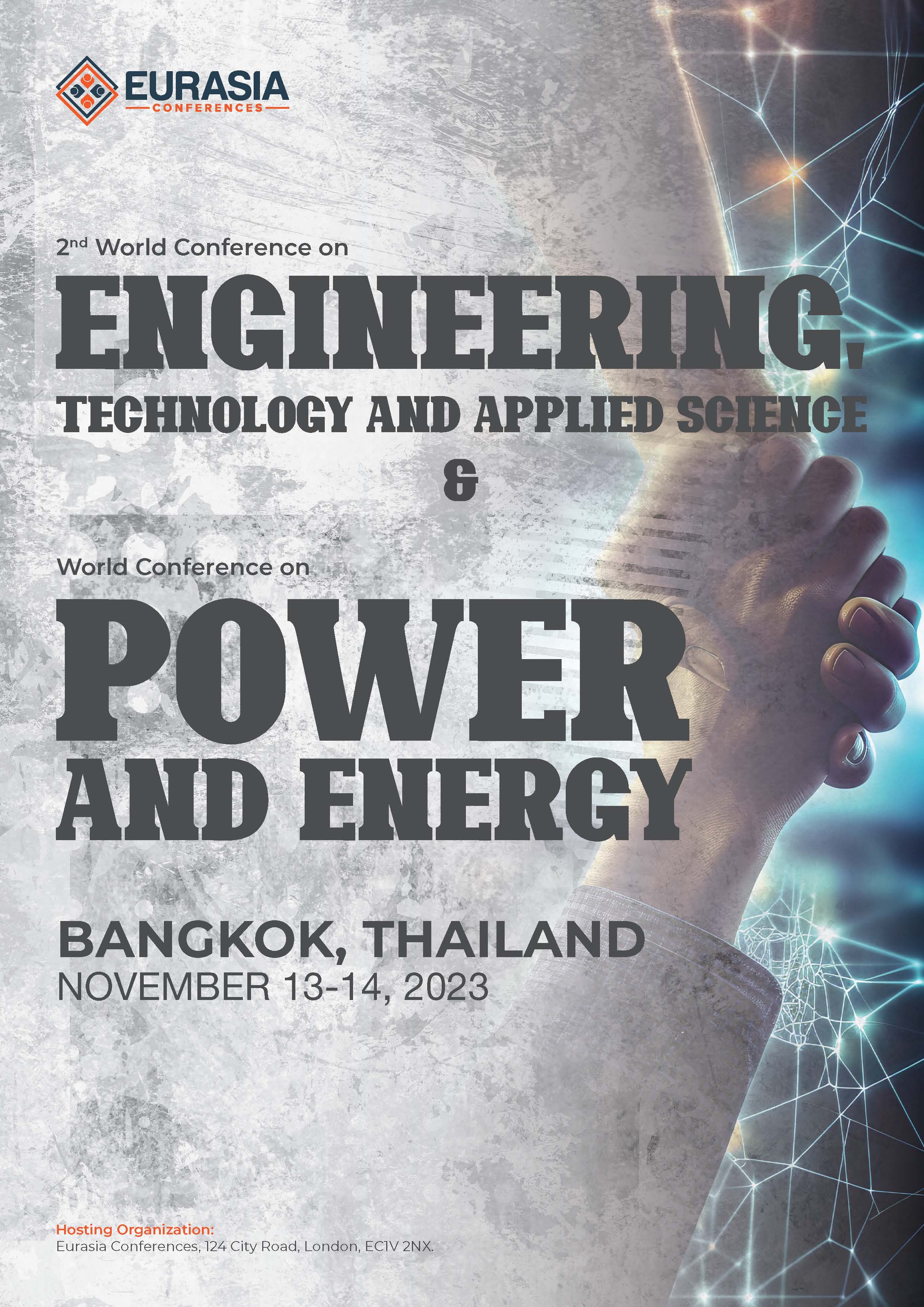
Dr. Mallikarjuna Reddy Yennapusa
Radar imaging Applications using Deep Learning Techniques have undergone significant advancements in recent years. Deep learning is a type of machine learning (ML)that uses artificial neural networks (ANNs) to learn from datasets. Deep learning methods, particularly convolutional neural networks (CNNs) and Generative adversarial networks (GANs) have been shown excellent results in a wide range of radar imaging tasks, including image de-speckling, change detection, automated feature extraction, Super-Resolution and Image Reconstruction. The use of large-scale radar datasets and the development of specialized neural network architectures tailored to radar-specific challenges have driven these advancements. Deep learning models are trained by feeding them large amounts of datasets and are able to learn complex patterns and relationships in data that would be difficult or impossible to learn with traditional machine learning algorithms. Several tools and frameworks like Tensor Flow, MXNet, RadarNet, and PolarNet are available for implementing deep learning in radar imaging. Deep learning techniques are still under development for radar imaging, but they have the potential to revolutionize the field. Deep learning models have been shown to achieve state-of-the-art results on a variety of radar imaging tasks, and they are becoming more widely used in real-world applications. Future research should aim to address the most important challenges including the need for annotated radar datasets, the interpretability of deep learning models, and computationally efficient algorithms, while also exploring novel applications of deep learning in radar imaging, such as 3D radar imaging and cognitive radar systems. Recently developed real-time case studies on the application of deep learning techniques in radar imaging have shown tremendous improvement in accuracy compared to traditional methods.